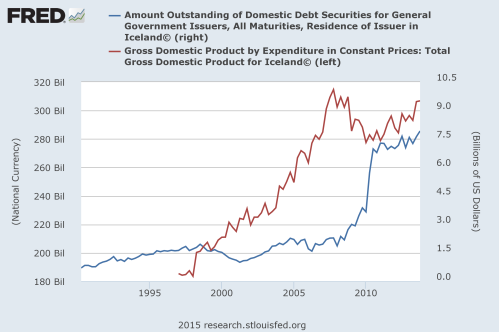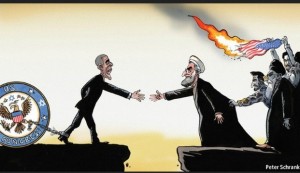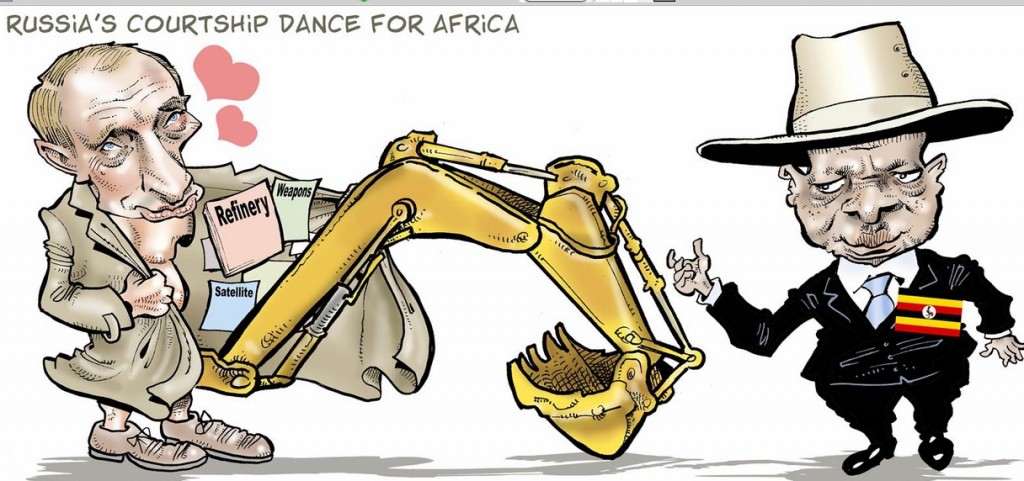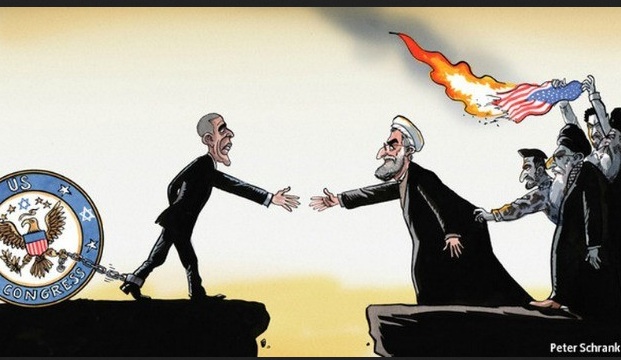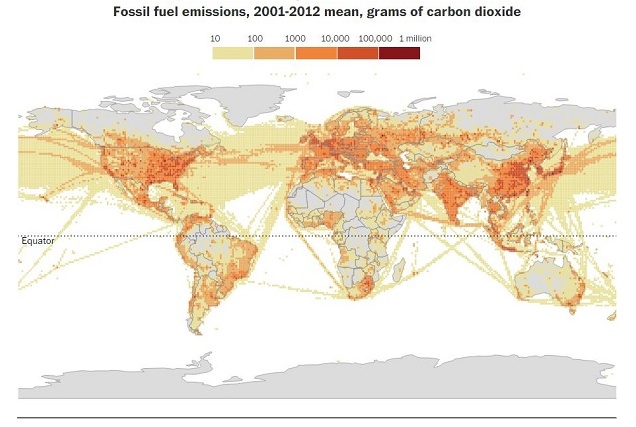Mark l Clifford writes: In the fight to limit global warming, no country matters more than China – a massive coal-dependent country, which is responsible for 30% of global carbon-dioxide emissions. Fortunately, it is moving to improve its environmental record. But is it doing enough?
China is home to one-sixth of the world’s people, yet it accounts for almost one-half of global coal consumption. If China does not reduce that share and cut its greenhouse-gas emissions, keeping global warming in check will prove impossible.
The good news is that coal use in China seems to have fallen slightly last year – a trend that is expected to continue. The Institute for Energy Economics and Financial Analysis estimates that the share of coal-generated electricity in China will decline from 72.5% in 2014 to 60% in 2020.
That means that CO2 emissions – the largest component of the greenhouse-gas emissions that cause global warming – will begin falling, too, enabling China to fulfill its pledge, made last November as part of a landmark climate agreement with the United States, that emissions would peak around 2030.
As China’s coal use begins to fall, its renewables sector is growing rapidly. Last year, China spent a massive $90 billion on renewable energy.
The government’s efforts to promote renewables are driven partly by growing pressure from middle-class Chinese, who are increasingly frustrated with pollution levels. Indeed, the environment is a hot topic in China today, exemplified by the response to the documentary film “Under the Dome,” which takes a critical look at air pollution and the role of the country’s coal and petrochemical companies.
The public reaction was overwhelming. The film even drew support from the incoming environment minister, Chen Jining, who compared it to Rachel Carson’s influential book Silent Spring. Despite – or perhaps because of – this response, “Under the Dome” and related commentary have been removed from China’s media.
But, though the government may not want not to draw attention to its pollution problem, it certainly is trying to address it.
As renewable energy becomes increasingly cost-competitive with fossil fuels and energy consumption becomes more efficient, China will become better able to reduce emissions without undermining economic growth.
Such an outcome would bolster global emission-reduction efforts considerably. In fact, new data from the International Energy Agency show that, in 2014, global CO2 emissions did not rise, suggesting that efforts to mitigate climate change may already be having a more significant effect than previously thought.
As greenhouse-gas emissions become decoupled from economic growth, the world’s chances of successfully mitigating climate change become much higher.
China still has a long way to go. But its recent progress in reducing emissions shows that, with the right combination of government policies, corporate initiatives, and public pressure, even the largest and most polluted countries can clean up their economies and help fight global warming.





